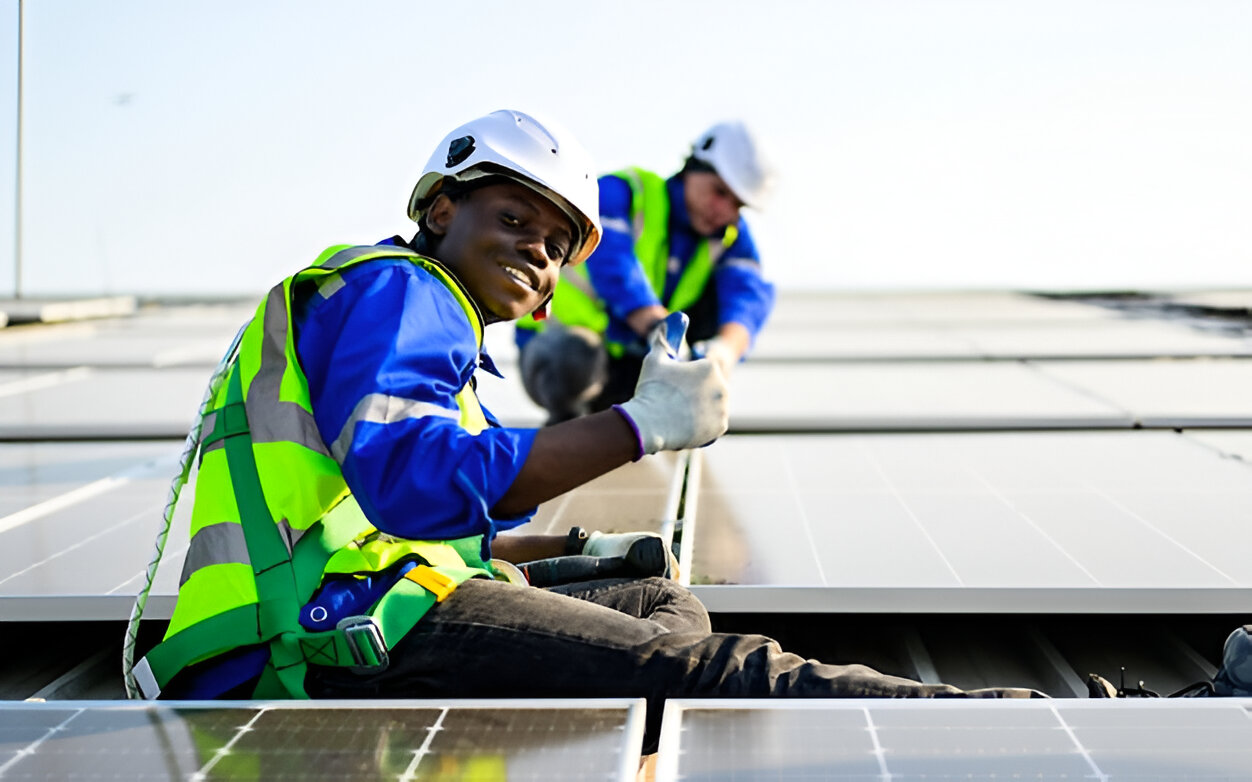Introduction
Nigeria is blessed with abundant sunlight, making it a prime location for solar energy adoption. However, despite its potential, the country still struggles with an unstable power supply, forcing businesses and households to rely on costly and environmentally harmful alternatives like diesel generators. As the need for sustainable, affordable, and reliable energy solutions grows, solar energy is emerging as a game changer.
This blog explores the opportunities and challenges in Nigeria’s solar energy sector and how we can maximize its potential for national development.
Opportunities in Solar Energy
1. Abundant Solar Resources
Nigeria receives an average of 5.5 kWh/m²/day of solar radiation, making it one of the best locations in Africa for solar power generation. With the right infrastructure, solar energy can power millions of homes and businesses across the country.
2. Rising Electricity Demand
Frequent blackouts, high electricity tariffs, and unreliable power supply are common challenges in Nigeria. Solar energy provides a stable alternative, reducing dependence on the national grid and costly fuel generators.
3. Government Policies and Incentives
Several government-backed initiatives, such as the Nigeria Electrification Project (NEP) and the Renewable Energy Master Plan (REMP), aim to encourage solar adoption through tax incentives and subsidies.
4. Job Creation and Economic Growth
The solar energy industry has the potential to create thousands of jobs, from solar panel manufacturing and installation to maintenance and system monitoring. This will drive economic growth and reduce unemployment.
Challenges in Solar Energy Adoption
1. High Initial Costs
The upfront investment in solar panels, inverters, and battery storage systems remains a major barrier for many Nigerians. However, with increased financing options, government incentives, and declining equipment costs, solar energy is becoming more accessible.
2. Lack of Awareness and Education
Many Nigerians still lack knowledge about the long-term benefits of solar energy. Public awareness campaigns, training programs, and government support are needed to drive adoption.
3. Inadequate Infrastructure and Skilled Workforce
To ensure widespread adoption, Nigeria needs better infrastructure, skilled technicians, and reliable supply chains for solar equipment. Investing in technical training and education will help build a robust solar energy sector.
Conclusion
With proper investments, policies, and awareness, solar energy can revolutionize Nigeria’s power sector, providing clean, affordable, and sustainable electricity for millions. The future of energy in Nigeria is solar, and now is the time to invest in it.


